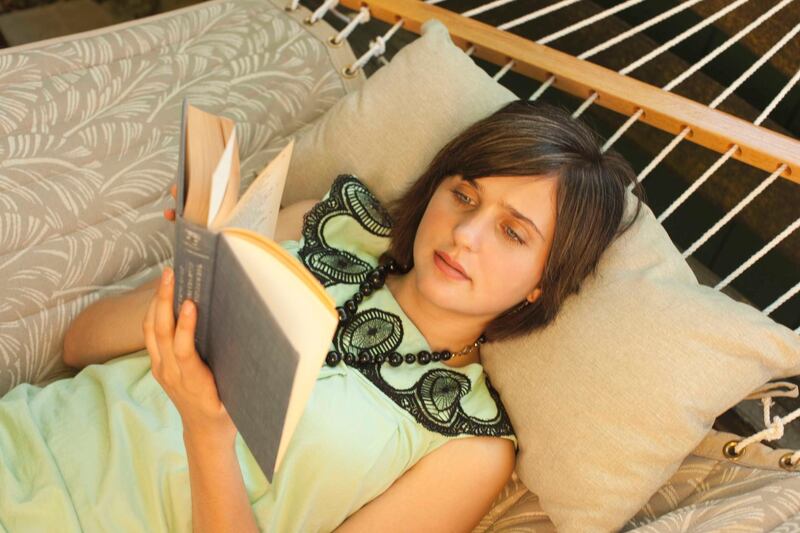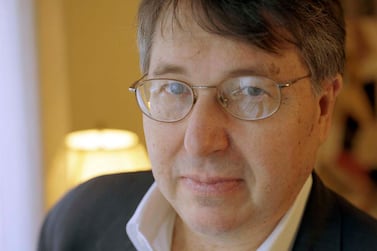Buckle up for a drive along Sheikh Zayed Road from Abu Dhabi to Dubai in rush hour and it won't take much to persuade you that UAE residents are a rather stressed bunch. Zig-zagging cars aside, the evidence for rising mental health problems in the country is more than anecdotal.
In January, The National reported that 1.3 million people, about one third of the population of Dubai, were in need of some kind of mental health intervention.
This headline-grabbing statistic was published at the launch of Dubai Health Authority’s mental health strategy. Speaking to media at the Dubai Health Forum, Dr Nadia Dabbagh, a consultant child and adolescent psychiatrist from Rashid Hospital, referenced the World Health Organisation’s definition of mental health as the basis for the government strategy. The WHO describes mental health as a sense of well-being that allows all people to thrive, to cope with “the normal stresses of life … work productively and fruitfully … and make a contribution to her or his community”.
While the broad nature of that definition might explain the high numbers of UAE residents who report feelings of dissatisfaction, an increasing number of people are asking for professional help to cope with daily life. The tipping point occurs when your ability to function is affected by the way you feel. "Is it impacting on your relationships with those around you? Is it affecting your job and your ability to perform? That's when clinicians start to say: 'OK, this is the point we need to take some action,'" says Dabbagh.
While the need for professional intervention in many cases is clear, could reading self-help books also be a useful way of managing our increasingly fractured sense of well-being?
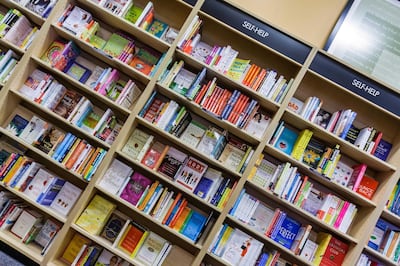
The genre has enjoyed a surge in popularity in the UAE in the past five years, says Matthew Cowdery, head of sales for the Middle East and Africa at the publishing company Hachette. For booksellers, self-help encompasses a wide variety of titles, from the traditional field of "mind, body and spirit", with niche topics such as crystal healing, to contemporary global trends, such as mindfulness and positive thinking filed under "wellness".
At the lifestyle end of the self-help spectrum, culinary styles that promote better physical and mental health through mood food can be found on the "food & drink" shelves.
"We still do well with newer titles," says Cowdery. "But the thing with the Middle East in general, has always been that trends can be a little bit slow to take off. However, they do have real longevity once they get going."
While some fashionable concepts in self-care have transferred to the UAE successfully, as ever the country throws up a few surprises. The Danish concept of hygge, which inspired so many people to create a cosy shrine in their homes in pursuit of contentment, never really caught on here, but it's Japanese equivalent, ikigai, which translates roughly as "a reason to live", is catching on fast. Similarly, veganism and the keto diet have found a local following.
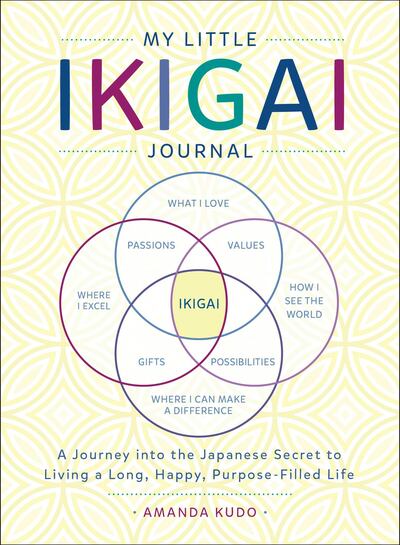
There's also a readership for weightier works, Cowdery says. Hachette's regional bestsellers include Mindfulness by Mark Williams and Dr Danny Penman and Mindset by Carol Dweck, neither of which could be described as frothy or faddish reads. But can more academic texts equip readers to handle more serious concerns, such as managing anxiety or grief?
The short answer is that the evidence for bibliotherapy is mixed. An investigation into self-help literature, carried out by the University of Calgary in Canada, in 2012, was inspired by the absence of robust studies into the usefulness of the genre. The study team interviewed 134 men and women who read self-help books about relationships, health and career success.
The research found that about half of the people interviewed read those books because of a change in their lives, such as a divorce, redundancy, a new job or health scare. More than 90 per cent of those surveyed had a specific goal that motivated their reading, including weight loss, improved financial prospects and relationship success.
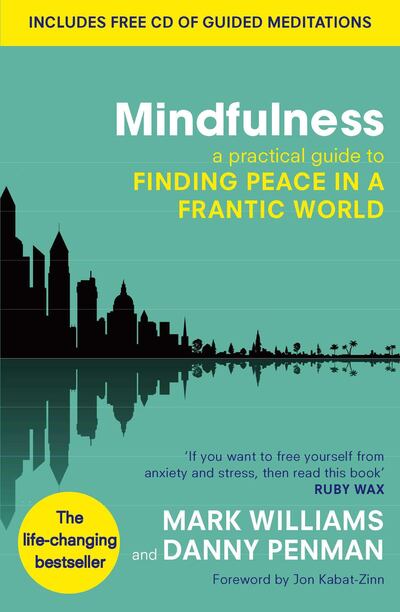
The Canadian study also found that 95 per cent of participants believed they benefited and learnt something from reading self-help books. About 75 per cent also claimed they made changes in their lives after reading the books, from quitting smoking to changing behavioural patterns, or keeping a journal to help regulate emotions.
In the UK, too, self-help books have been embraced as a useful aid to help combat a rise in mental health problems. Public libraries across the country carry a range of titles chosen by healthcare professionals as part of Reading by Prescription, a project run by the British charity The Reading Agency.
The subjects in the books range from explanations about therapeutic approaches to well-being, such as cognitive behavioural therapy, to commonly shared feelings and experiences, and ways to manage mental health issues, such as stress, anxiety, postnatal depression and anorexia, as well as stories written from a first-person perspective, including Matt Haig's Reasons to Stay Alive and A Mindfulness Guide to the Frazzled by actress and comedienne Ruby Wax.
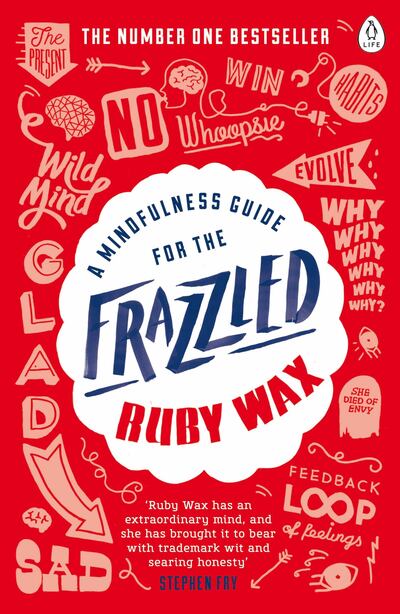
An independent evaluation of Reading by Prescription in 2018 concluded that 89 per cent of health professionals believed the service helped people to better understand their conditions, while 81 per cent of readers said the recommended self-help titles provided them with advice for coping with pressures associated with mental health.
While it's good news that self-help books make readers more aware of the pressures in their lives and offer advice for dealing with them, the printed word can never replace a skilled therapist or qualified psychiatrist. While you can pick up a book, it is more important to pick up the phone and ask for help.
To find out more about the books recommended by Reading by Prescription, visit www.reading-well.org.uk
